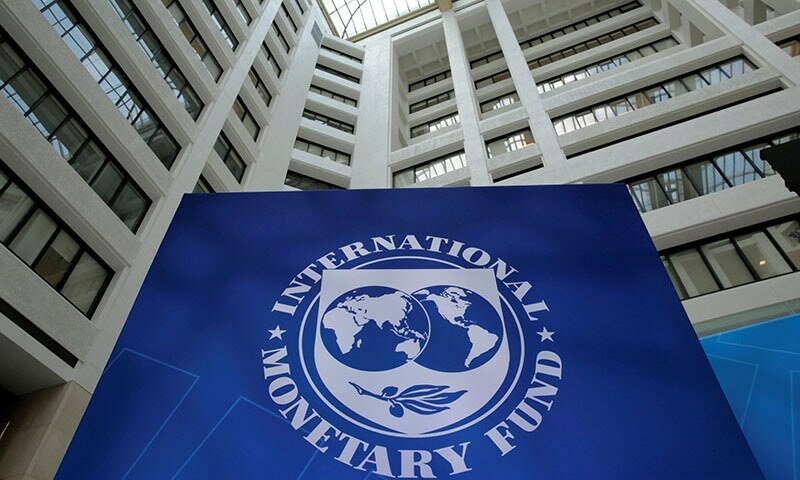Pakistan has been confronted with escalating debt levels and the associated challenges of debt servicing for several years, posing significant economic and social implications for the country. According to the latest reports, Pakistan’s total debt and liabilities have surpassed Rs50 trillion, including both domestic and external debts. The debt-to-GDP ratio, a major indicator of debt sustainability, has exceeded the critical threshold of 80%, raising alarms among economists and policymakers. Compounding these issues, Pakistan has faced chronic revenue shortfalls, with tax collection efforts frequently falling short of targets.

The gap between revenue and expenditure has necessitated borrowing to finance budget deficits. High public expenditures on defence, subsidies, and public sector wages significantly contribute to these fiscal deficits. Persistent trade deficits, where imports consistently exceed exports, have compelled the country to borrow externally to bridge the gap. Additionally, the depreciation of the Pakistani rupee exacerbates the situation by increasing the cost of servicing foreign debt, as more local currency is required to meet these obligations.
The pandemic severely impacted Pakistan’s economy, resulting in reduced economic activity, lower tax revenues, and increased spending on health and social safety nets. Frequent natural disasters, such as floods and earthquakes, have compelled emergency spending, often financed through borrowing, while inefficiencies and losses in the energy sector have led to the accumulation of circular debt, further straining public finances. Additionally, weak governance and corruption have undermined economic performance, increasing the country’s reliance on debt.

High government borrowing can crowd out private investment by increasing interest rates, thus slowing down economic growth. The need to service large debt obligations can limit the government’s ability to invest in infrastructure, education, and healthcare, crucial for long-term growth. A significant portion of the budget is allocated to debt servicing, leaving less room for developmental and social spending.
Pakistan’s foreign exchange reserves, held by the State Bank of Pakistan (SBP), experienced a modest increase of $15 million every week, reaching $9.13 billion as of May 10, 2024. This brought the country’s total liquid foreign exchange reserves to $14.62 billion, with commercial banks holding $5.49 billion.
The central bank did not provide a specific reason for this recent uptick in forex reserves. However, this follows a significant rise last week when the foreign exchange reserves surged $1.114 billion, surpassing $9 billion for the first time in nearly two years. This substantial increase was attributed to the final tranche of $1.1 billion from the International Monetary Fund (IMF) under its $3 billion Standby Arrangement.

As Pakistan faces rising debt and the necessity of debt servicing, the bolstering of forex reserves through such international support remains critical for economic stability and meeting external obligations.
The rising debt levels can lead to higher borrowing costs, as lenders demand higher interest rates to compensate for perceived risks. High debt and fiscal deficits can lead to downgrades in Pakistan’s credit ratings, further increasing borrowing costs and reducing access to international financial markets. Repeated recourse to the International Monetary Fund (IMF) programs indicates underlying structural issues and results in policy conditionality that may not always align with national priorities.
To manage debt levels, the government should implement austerity measures, which could lead to reduced public spending on essential services, impacting the poor and vulnerable populations. High levels of debt and associated fiscal measures can lead to inflation and unemployment, exacerbating social inequalities.

Similarly, broadening the tax base, improving tax administration, and reducing tax evasion can significantly increase government revenues. Introducing new revenue streams, such as property taxes and better management of state-owned enterprises, can help improve fiscal balances.
There is also a need to streamline public sector expenditures, reduction in subsidies, and improve the efficiency of public services, which could help manage fiscal deficits and ensure that public spending is targeted towards productive and high-impact areas, such as health, education, and infrastructure. Developing domestic debt markets must reduce reliance on external borrowing and mitigate exchange rate risks. The government should also negotiate better terms for the existing debt, such as longer maturities and lower interest rates, to ease debt servicing pressures.

Diversifying the export base and enhancing competitiveness are crucial strategies to reduce trade deficits and dependence on external borrowing. By investing in industrial development and fostering a business-friendly environment, Pakistan can attract more foreign direct investment (FDI). Additionally, implementing stringent anti-corruption measures will improve governance and ensure the efficient use of resources. Likewise, strengthening institutions is also vital for better policy implementation and economic management. Together, these efforts can create a more robust and resilient economy.

The rising debt and debt servicing challenge in Pakistan requires a multifaceted approach that includes fiscal reforms, efficient debt management, economic diversification, and improved governance. Addressing these issues is crucial to ensuring sustainable economic growth and stability, reducing poverty, and improving the overall socioeconomic conditions of the country. Effective policy measures, coupled with strong political will and international support, can help Pakistan navigate its debt challenges and achieve long-term economic resilience.























